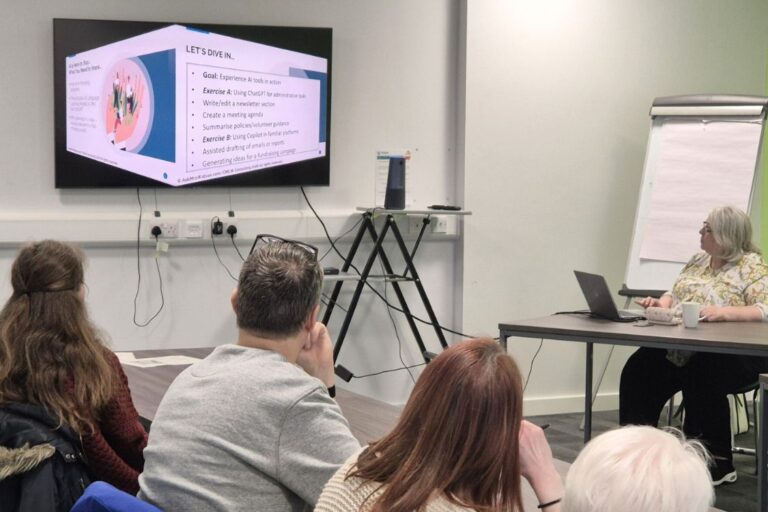The number of charities in financial difficulty is expected to rise this year as a result of the increasing economic challenges facing the sector.
This is the view of a North East restructuring expert, Chris Ferguson, who is Head of Recovery & Insolvency at RMT Accountants & Business Advisors based in Gosforth, Newcastle.
His advice follows the publication of official statistics that showed there were over 22,000 corporate insolvencies across England and Wales during 2022. This represented a 60% increase on corporate insolvencies in 2021 and a 75% rise on insolvency cases registered in 2020.
The charity sector has been particularly affected. With charity revenues especially susceptible to turbulent economic conditions, the reduction in disposable incomes from high inflation levels and rising interest rates has meant that levels of charitable donations have continued to decline. Trustees are therefore being warned that a significant rise in charities in financial difficulty is likely in the coming year.
Research undertaken by the Charities Aid Foundation has shown that more than half of charities surveyed say they are worried about their ability to survive due to the rising cost of living. This has climbed from just over a third (35%) in the six months since April 2022. Around half (51%) of charities are using their reserves to cover their core costs.
And CAF research shows that falling income, rising operating costs and soaring demand for support will continue to place more pressure on the charity sector in 2023.
Chris Ferguson warns that trustees need to urgently focus their attention on access to accurate financial information to ensure they are prepared for the challenging economic conditions ahead.
He says: “Trustees must be continuously focused on monitoring and forecasting their income and expenditure for the year ahead. Forecasting income can be particularly challenging, with many charities relying on voluntary donations, legacy gifts and grant income to continue to operate. But ensuring that trustees have full visibility over a charity’s financial position, to the extent possible, will help ensure that they are protecting both the charities themselves and are complying with their own legal duties.”
Trustees need to recognise their own responsibilities where charities find themselves in financial difficulty. Ferguson warns: “Many trustees are volunteers giving up their own time to help provide support and guidance to charitable organisations. However, this does not absolve them from their legal obligations to act with a duty of care, or in the interests of creditors where the charity is in some form of financial distress. The ramifications of not doing so can have personal consequences for trustees, which is generally not what they envisaged when agreeing to take on a voluntary role.”
Trustees are advised that some of the key warning signs of distress may include:
- Minimal cash reserves or charities regularly at their overdraft limit
- Reducing profitability or the charity is running at a deficit
- Being unable to meet loan repayments
- Increasing use of unsecured loans
- Arrears with creditors and CCJ’s
- Arrears or payment plans with HMRC
Where Trustees believe that a charity is in financial difficulty, they should seek immediate professional advice. “We continue to advise a number of charities with financial issues. Our advice would be that seeking support as early as possible widens the possible options available to help and significantly improves the chances of implementing a successful restructuring or turnaround of the organisation.”
“It will also help to ensure that trustees are complying with their own fiduciary duties as representatives of charities. .”
Any trustees that require a free initial discussion can contact Chris Ferguson on 0191 256 9500 or by email at chris.ferguson@r-m-t.co.uk or Chris Wray on 0191 256 9500 or by email at chris.wray@r-m-t.co.uk.





